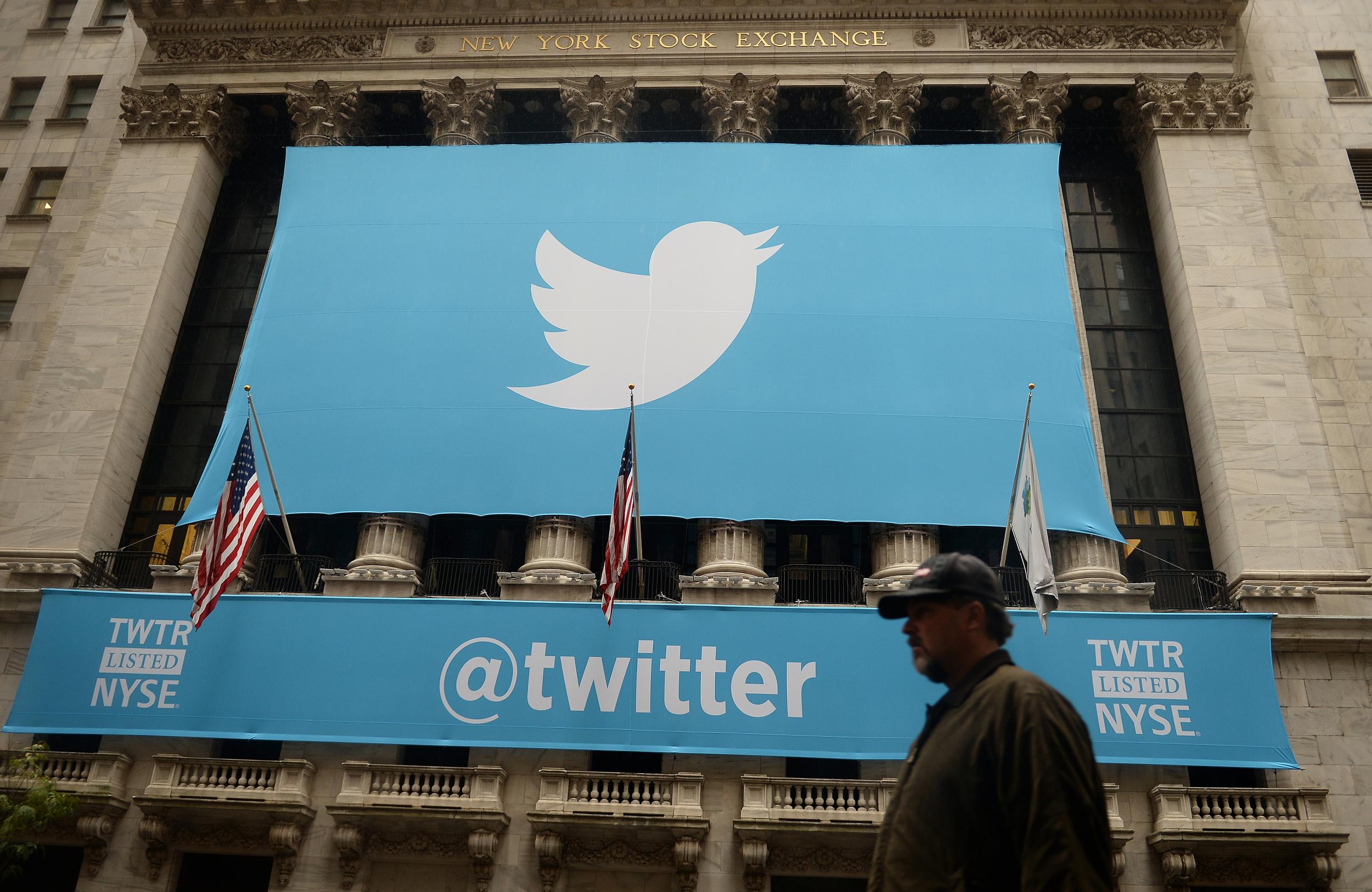Jack Dorsey: What are the problems facing Twitter's new CEO?
It seems like a dream promotion, but Dorsey has a lot of work to do if he wants his company to start making money
Your support helps us to tell the story
From reproductive rights to climate change to Big Tech, The Independent is on the ground when the story is developing. Whether it's investigating the financials of Elon Musk's pro-Trump PAC or producing our latest documentary, 'The A Word', which shines a light on the American women fighting for reproductive rights, we know how important it is to parse out the facts from the messaging.
At such a critical moment in US history, we need reporters on the ground. Your donation allows us to keep sending journalists to speak to both sides of the story.
The Independent is trusted by Americans across the entire political spectrum. And unlike many other quality news outlets, we choose not to lock Americans out of our reporting and analysis with paywalls. We believe quality journalism should be available to everyone, paid for by those who can afford it.
Your support makes all the difference.Jack Dorsey has become the CEO of Twitter, after months spent as interim CEO. Now, like Tesla and SpaceX CEO Elon Musk, Dorsey is the man in charge of two major companies - Twitter and Square, a mobile payment app he founded in 2009.
It's a big achievement for Dorsey, and the fact that he's been given a permanent job, when he was only meant to be a temporary replacement for Dick Costolo, suggests the company has faith in him.
However, he's got a lot of work ahead of him if he's going to transform Twitter's fortunes in the coming months and years.
Twitter is losing an awful lot of money
Although it has 300 million users and is one of the most influential and popular websites around, Twitter doesn't seem to be able to make a profit.
In 2014, Twitter lost a staggering $578 million (£381 million), despite revenues of $1.4 billion (£924 million).
Its fortunes this year haven't been much better, losing $299 million (£197 million) in the first six months of 2015.
Revenues are climbing above expectations - so it's not all bad news. But the company is still losing money, and Dorsey himself has admitted that he is not satisfied with the site's rate of user growth.
As many tech companies know, popularity and fame doesn't neccessarily mean money. Although Twitter isn't about to go bankrupt any time soon, it's still struggling to turn itself into a money-making machine.
Twitter is having a hard time holding on to its users
In the words of Chris Sacca, venture capitalist and one of Twitter's major investors, "Twitter has failed to meet its own stated user growth expectations and has not been able to take advantage of the massive number of users who have signed up for accounts and then not come back."
Twitter, unlike Facebook, is fairly unpolished - your main screen is just a long, scrolling list of what people are saying, ordered chronologically.

This has its advantages, but it makes it quite hard to get into, especially for the majority of people whose social media use doesn't go further than Facebook.
As Sacca says, almost one billion people have tried Twitter and not stuck around - as a result, the rate of people creating accounts has slowed down and the investors are beginning to lose confidence.
For many people, Twitter is too difficult to use
The basic mechanics of Twitter haven't changed all that much since it started, unlike Facebook, which has seen a number of major redesigns over the years.
It's not an intuitive system to use, and the flurries of replies, hashtags and retweets can be bewildering to new adopters.
Twitter has recently introduced a 'while you were away' feature for mobile - upon opening the app, users can see a list of popular tweets that were published since they were last on Twitter.
But as the user statistics show, the task of 'getting in to Twitter' isn't worth the time for many new users.
Sacca thinks this is the problem that Twitter has to overcome if it wants to make more money.
So what can Jack Dorsey do to fix Twitter?
We already know from his time as interim CEO that Jack Dorsey isn't afraid to bring radical change to the company.
There were even reports from Twitter insiders recently that the company's bosses were thinking about tweaking the 140-character message limit - the defining characteristic of Twitter, that attracts and puts off users in equal measure.
Changes to Twitter's function could help, but many think that shaking things up at the top could help the company turn a profit.
These ideas include opening Twitter up to third-party developers, something the company has cracked down on in the past. By opening the site up, Twitter gets more development manpower otuside of its own bubble, and there's more scope for products to be created that will appeal to a larger number of users.
Others think Twitter should just focus on its strengths and attempt to make money out of the dedicated users, rather than pushing for mass-market appeal.
Whatever the answer, Dorsey has his work cut out for him if he wants Twitter to start making money before the investors change their minds.
Join our commenting forum
Join thought-provoking conversations, follow other Independent readers and see their replies
Comments